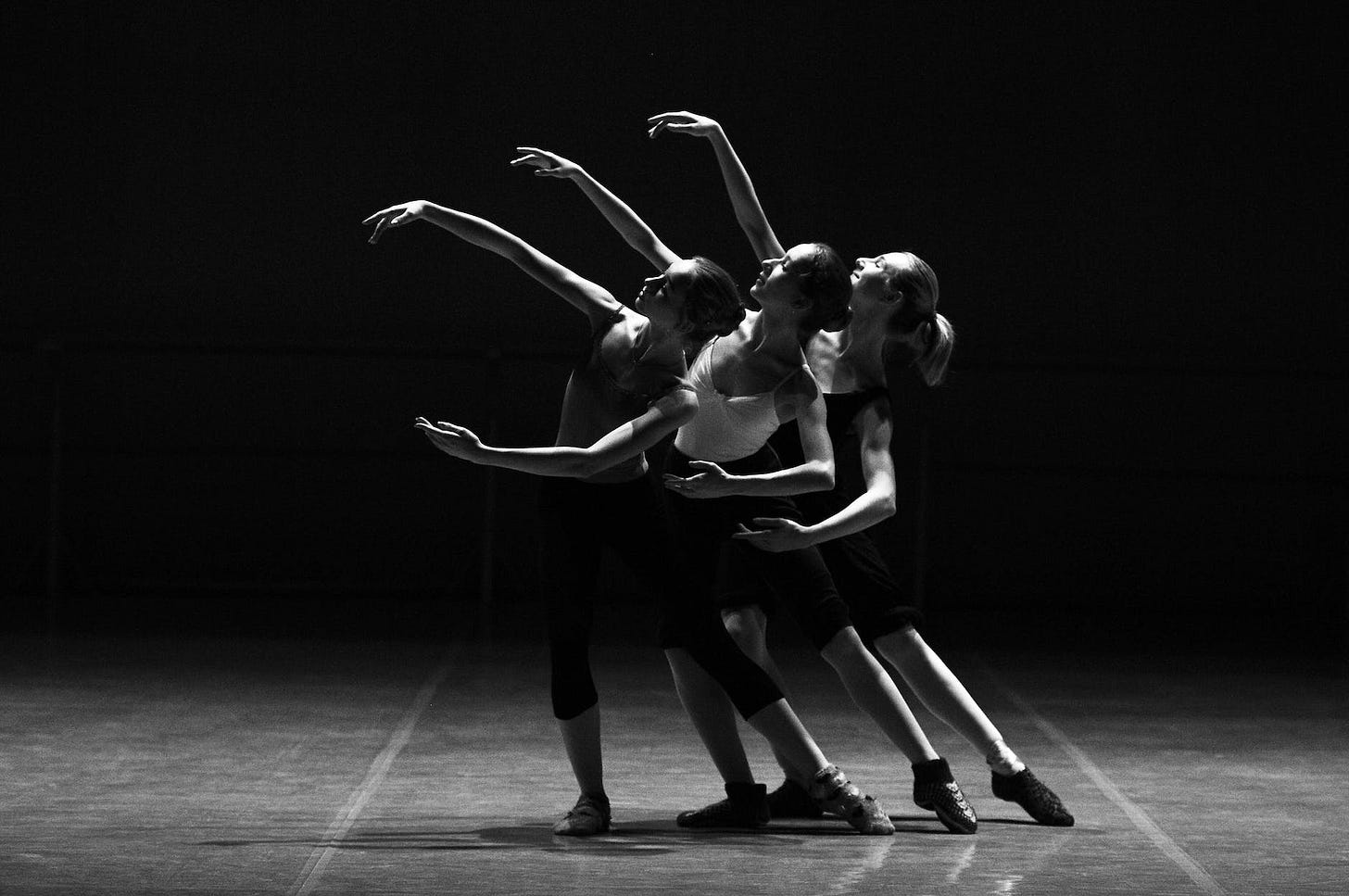Pain and purpose...

"The meaning we give to what happens in our lives is our final, inviolable freedom...If you have any sense, you will ask someone with more experience than you to help you decide what the answer means, but even then the choice is yours."
- Barbara Brown Taylor, An Altar in the World
I believe that most pain is purposeless. A sensorial response to stimuli devoid of any overarching meaning or higher purpose. Our agony is arbitrary. Tragedy comes without rhyme or reason. Life is not fair. It has never been, nor will it ever be. Either for good or for ill almost none of us get what we deserve. "Justice", J.M. Miro says, "is just a bucket with a hole in the bottom." It spills in all the wrong places before it can be poured out where it belongs. At best, we cup our hands and reach out in the hopes that we can manage to catch just a few drops in between the leak and the loss.
Charles Bukowski said that the greatest teaching he was ever given was “the meaning of pain, pain without reason.” He learned the lesson, took the pain and the pointlessness of it, and put it to use. His writing was an affliction without cause held over a flame, a viscous black simmered to a sweetened reduction, a dragon chased across the page. Pen put to paper, like a needle to a vein. The drug and the recovery. Addiction and redemption.
Some of us live with a tenebrous presence in the passenger seat of our lives. We all too often find ourselves in varying states of inner turmoil and mental anguish. Sadness requires so small a catalyst. Despondency condenses into bigger drops and empties from the sky. Apathy drenches everything, and we look out to find a world saturated in a breathless shade of exhaustion and suffering. For us, the utilization of pain isn't an option, it's essential; a necessary resource in the effort to survive. We either appropriate the angst or be overtaken by it. We can collaborate with it or we can be consumed.
"So often the experiences that define us are the ones we didn't pick," says Kate Bowler. We lose a job. We lose everything we spent years building. We are forced to start over from nothing. Love, or at least what we thought was love, like everything else, turns out not to last forever. A marriage ends. We find ourselves having to begin again, again. "Life is not a series of choices", Bowler says. It is a mound of things we never asked for, and yet they are still ours to keep. Catastrophe. Trauma. Grief. Loss. Lament. Loneliness. But, perhaps one of the few choices we get to make in the existential shit-show of being human is, what to do with what we have been given? What to do with all the suffering we've been handed? The human condition is terminal, but at least we get to decide how to manage the pain.
I believe that pain can be given a purpose, that it can be harnessed for a cause. That agony can be given an aim. That tragedy is a propellant that burns clean with the perfect mixture of oxygen and fuel in the engine of creation. Radhule Weininger explains that "Trauma rewires our brain and causes us to experience the world differently." We become something anomalous and atypical. "[W]e come to live in an altered world and in an altered body." But, this is a feature not a bug. An advantage not a defect. Art has always been about seeing differently, and about helping others to see differently too.
Kierkegaard said that a poet is "An unhappy man who hides deep anguish in his heart, but whose lips are so formed that when the sigh and cry pass through them, it sounds like lovely music.... And people flock around the poet and say: 'Sing again soon' - that is, 'May new sufferings torment your soul but your lips be fashioned as before, for the cry would only frighten us, but the music, that is blissful'."
To mine the ore of an insufficiency, to reach into the wounded void, to heat the hurt until it thickens, to pour the pain into porcelain casts, to turn the ache into clay, to mold it until it takes shape, until it turns into something that speaks, something we can befriend, is to be an artist crafting something from the nothing of an absence.
The pain of the process becomes the treasure of the quest. We learn to love the ache, to hope in the hurt, to yearn for the work more than any form of reward. Anne Lamott says "It's like discovering that while you thought you needed the tea ceremony for the caffeine, what you really needed was the tea ceremony." What you thought you needed was to be mended, to be made new, but what you really needed was to embrace the break. To attend to a fragile sanctity. To let the limp become a dance; the ballet of one of one who has wrestled and kept going, one who has striven and prevailed.

